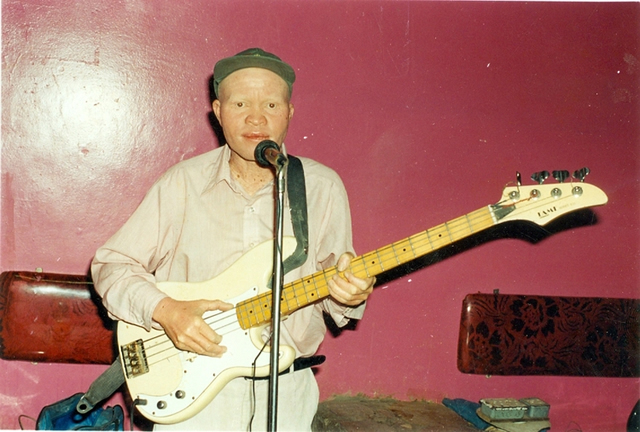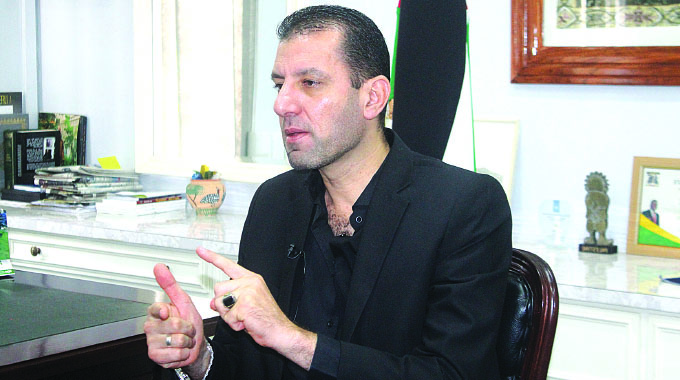US Super Tuesday promises big wins for Trump, Clinton

 Steve Holland and Amanda Becker
Steve Holland and Amanda Becker
WASHINGTON/AUGUSTA, Ga. — Donald Trump looked poised to strengthen his lead in the Republican presidential race when 11 states vote on Tuesday, an outcome likely to intensify concerns among party leaders who consider him a usurper of the Republican throne.
In the Democratic race, former Secretary of State Hillary Clinton would go a long way toward cementing her path to the nomination, if she scores big victories of her own over democratic socialist Bernie Sanders on Super Tuesday.
Opinion polls showed Trump leading in nearly all the states that will hold primary contests or caucuses, most of them in the American South. The exception appeared to be Texas, where US Senator Ted Cruz, who represents that state, enjoyed a narrow lead and was in desperate need of a victory.
Super Tuesday is the biggest single day of state-by-state contests that select party nominees for the November 8 election to succeed Democratic President Barack Obama. Voting stretches from eastern states to Texas and Minnesota, with the first polls closing at 7 pm EST (midnight GMT) in Vermont and Virginia and first results expected soon after.
In Virginia, Gwendolyn Beck was putting up Trump signs across Arlington, one of the state’s most liberal areas, when she was confronted by a Sanders supporter carrying a 2-year-old.
“I came here to tell you you’re a terrible person,” Mark Blacknell, 40, told Beck before walking into a nearby polling place. He said later he was appalled to see Trump signs being put up in the Washington suburb.
The encounter reflected the acrimonious nature of the 2016 campaign and the divisions it has laid bare among Republicans, adding to the traditional split between the two major American political parties.
Trump, a New York real estate developer and former reality TV star who fires up crowds by mocking his rivals and critics, has stunned many in the Republican establishment with campaign pledges such as building a wall along the US southern border with Mexico, deporting 11 million illegal immigrants and slapping a temporary ban on Muslims entering the country.
With a string of victories on Tuesday, he would advance toward sealing the nomination against opposition from Cruz, US Senator Marco Rubio of Florida, Ohio Governor John Kasich and retired neurosurgeon Ben Carson. On the eve of voting, Cruz and Rubio called on Trump to ask the New York Times to release an audiotape of a Jan. 5 interview he gave to the newspaper’s editorial board. They believe it will show Trump does not back his own immigration policy. The Trump campaign had no immediate response.
The prospect of a Trump victory has alarmed Republican Party leaders, many of whom do not support his positions and who believe Clinton would easily defeat him in November if she becomes the Democratic nominee. Adding to their unease was Trump’s reluctance in a CNN interview on Sunday to disavow an endorsement of him by David Duke, a former grand wizard of the Ku Klux Klan, a white supremacist group.
On NBC’s “Today” show on Monday, Trump blamed a faulty TV earpiece for his failure to do so, saying: “You could hardly hear what he (the interviewer) was saying.”
The 2012 Republican presidential nominee, Mitt Romney, was not convinced. “A disqualifying & disgusting response by @realDonaldTrump to the KKK,” Romney tweeted. “His coddling of repugnant bigotry is not in the character of America.”
The crossfire between Trump and establishment Republicans threatens to rip the party apart at a time when it will need to generate momentum behind a prospective nominee. That worries some Republican strategists looking ahead to the nominating convention in July.







Comments